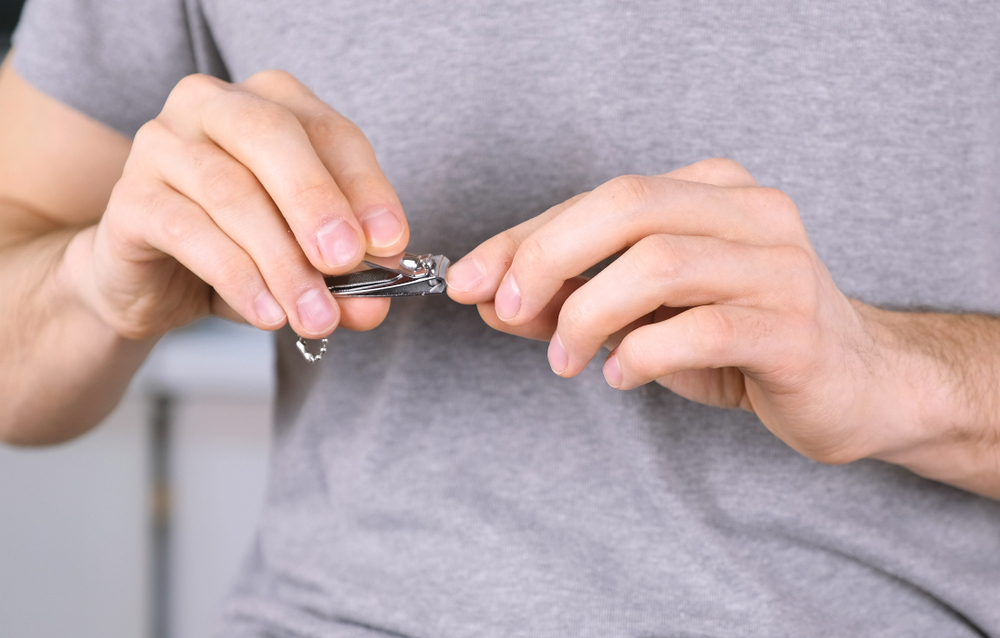Contents:
- Medical Video: Do You Waddle When You Walk? Weak Hips? How to Stop Tredelenberg.
- How does the body maintain balance?
- Is it because someone has a balance disorder?
- What are the causes of balance disorders?
- How to overcome balance disorders?
Medical Video: Do You Waddle When You Walk? Weak Hips? How to Stop Tredelenberg.
Have you ever wondered how you can walk straight, stand up straight without falling, and how can your head turn every time someone calls your name? You can do these body movements because of the cooperation of several organs in your body, in creating an ability, known as balance. Then what will happen if the body has a balance disorder?
How does the body maintain balance?
The balance in the human body occurs as a result of cooperation from several organs. Some of these organs include:
Sensors found in the neck, lower limbs and torso, which plays a role in sending information to the brain when your body makes movements such as looking up and walking on different surfaces.
Eye, it turns out that it has a light-sensitive cell called rod and kone. These two cells play a role in sending electrical signals to the brain through the optic nerve when your eyes see something. The brain then has the task of interpreting the object. The amount of electrical signals from the eye that the brain receives increases perception about the object, thus helping you maintain balance.
Fluid in the semicircular canal of the ear. The fluid will move towards the cochlea, to send messages to the brain, when you turn your head quickly, so that the brain immediately continues the message towards the muscles that will keep your body and eyes in balance. Even though balance is produced from the collaboration of several organs, hearing is believed to be the center of body balance.
Is it because someone has a balance disorder?
Symptoms of balance disorders generally differ from one person to another. But in general, someone with a balance disorder will experience:
- Disequilibrumor unbalanced conditions that can cause you to be unable to walk, rotate, climb stairs and even stand without being accompanied by a fall, or crashing into something.
- Vertigo. Some people call it a sensation in which the room feels to rotate, even though you are just standing tall, suddenly.
- Presyncope. The condition in which you feel dizzy, wants to faint but is still conscious.
- Oscillopsia. Someone with a balance disorder will tend to see most things blurred, so they will have difficulty reading and writing.
- Tinnitus. Someone with a balance disorder will tend to hear a buzzing sound in their ears.
What are the causes of balance disorders?
The cause of a balance disorder is not always predictable. But based on the symptoms shown, several conditions that can trigger a balance disorder include:
- The head or neck that has been injured.
- The conquest of the inner ear is due to the side effects of using antibiotics and certain medical treatments.
- Migraine.
- Loss of hearing ability.
How to overcome balance disorders?
Handling given usually depends on the conditions that cause the balance disorder. But generally you will be advised to do rehabilitation in the form of therapy that can help you deal with your imbalance.
Unfortunately, the symptoms of balance disorders are often preceded by symptoms that usually occur in normal people in general, such as bumping into things when walking and feeling the room rotates, which some people might think is because the process of standing is too fast. The assumption is not wrong, but if the symptoms occur too often to start showing a pattern, you should immediately see a doctor.












